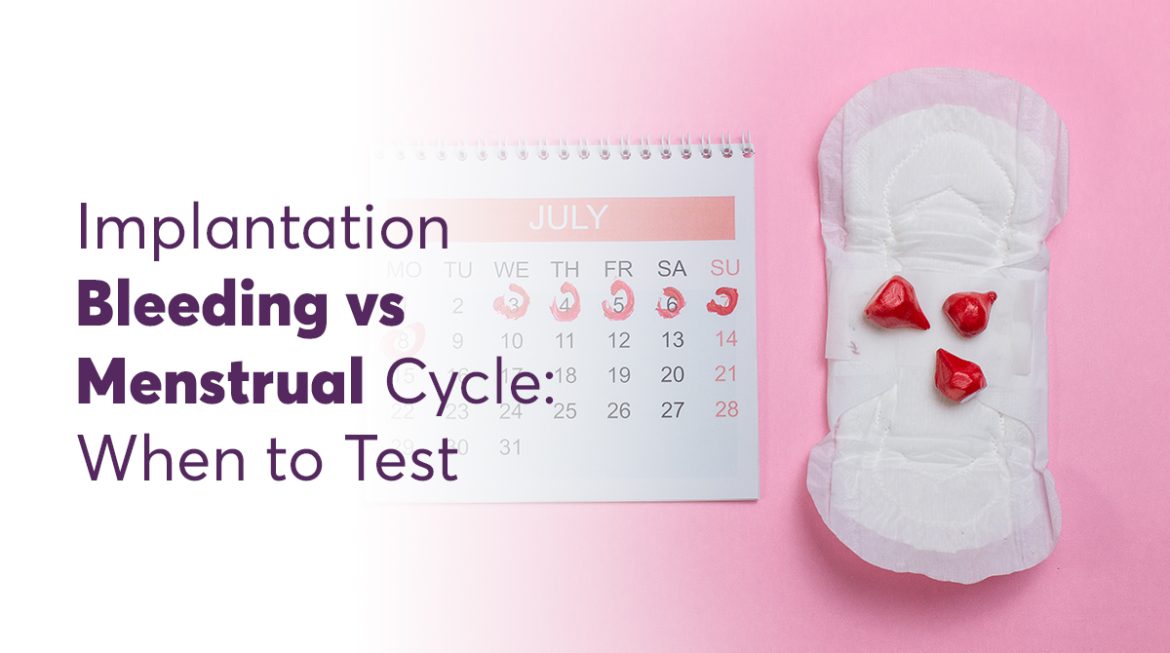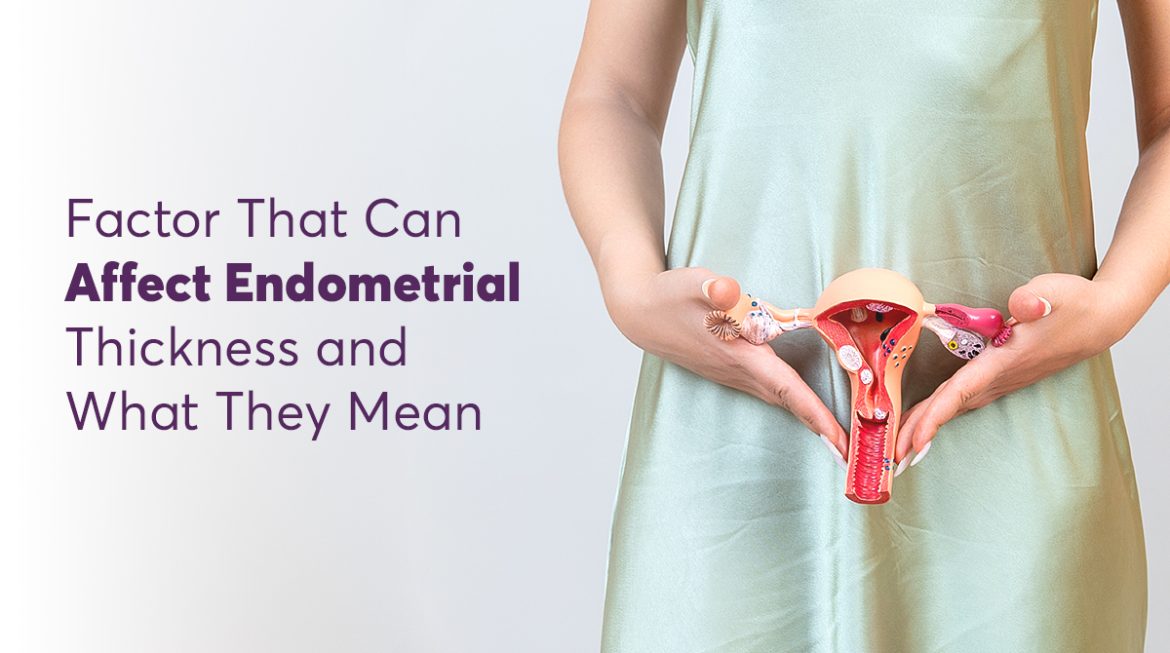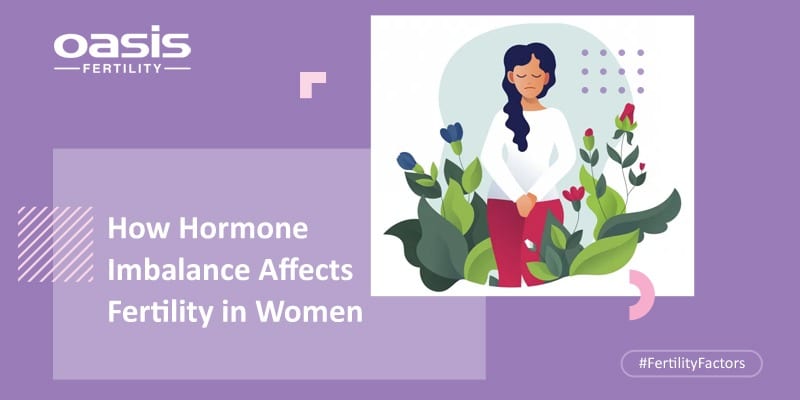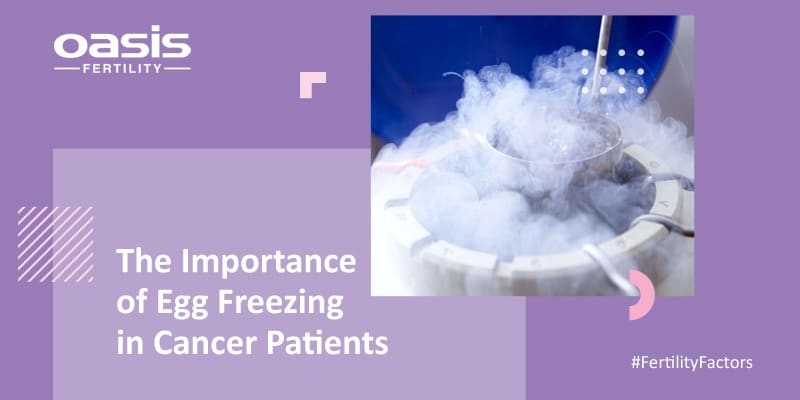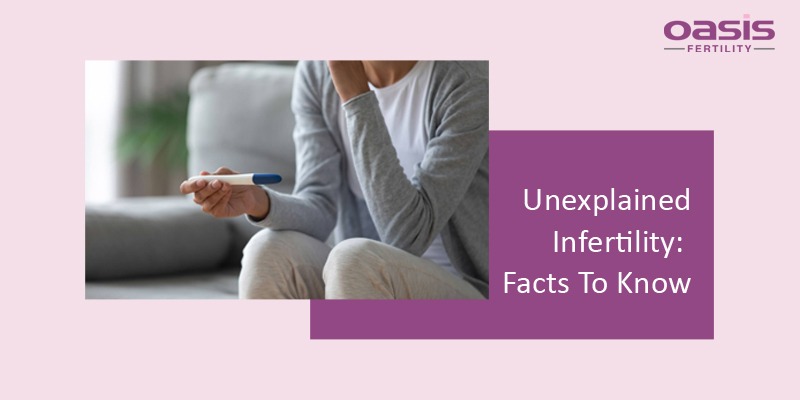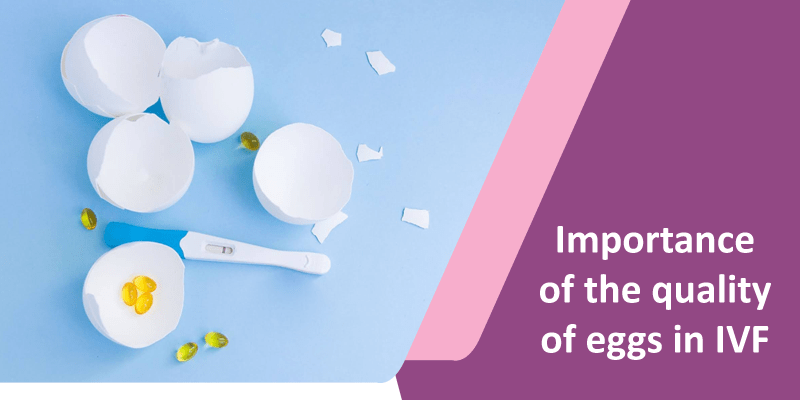Implantation Bleeding vs. Menstrual Cycle: When to Test
Have you ever found yourself in that confusing moment where you are not sure if what you are seeing is the beginning of your period or even more special? For women who are trying to have babies, being able to tell the similarity between implantation bleeding and menstrual bleeding can be very important. The two have very subtle differences that can offer very important information about your reproductive health as well as a likely pregnancy. You can avoid the emotional roller coaster of uncertainty by understanding these signs and knowing when to take a pregnancy test. Read through this detailed …
Factors That Affect Endometrial Thickness and What They Mean
Not knowing the real reason behind your inability to conceive can be heartbreaking. A medical checkup can help identify whether your endometrial thickness is coming in the way of your getting pregnant. Affecting over 190 million women of reproductive age as per WHO’s data, increased thickness or thinning of the endometrium is a manageable condition. However, early diagnosis and management are important to prevent pregnancy issues. Do not worry even if you are diagnosed after failing to conceive. The condition can be handled with some lifestyle changes and medication. You may be able to carry your baby to term with …


